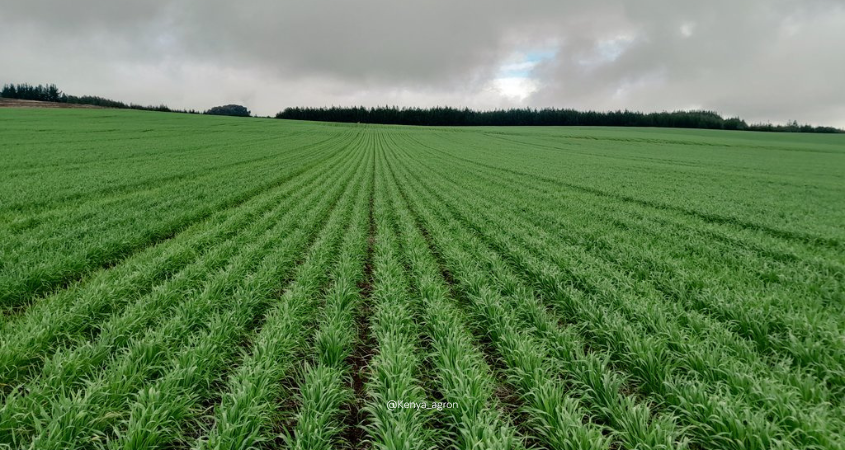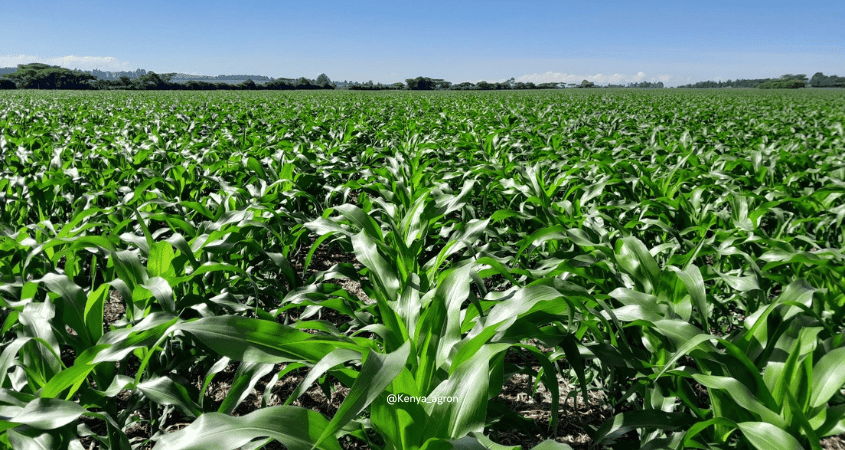
Nitrogen (N) is a vital nutrient for plant growth, and effective nitrogen management is essential for achieving healthy, high-yield crops. Here’s an overview of key aspects related to nitrogen management:
Nitrogen can be sourced from synthetic fertilisers, including ammonium nitrate, urea, and ammonium sulphate. Organic matter in the soil, such as crop residues or compost, can serve as a source of organic nitrogen. Leguminous crops also fix atmospheric nitrogen through a symbiotic relationship with nitrogen-fixing bacteria.
NUE measures the effectiveness of crop nitrogen use. Improving NUE involves optimising nitrogen application to minimise waste and environmental impact. To improve nitrogen use efficiency, split nitrogen applications may be recommended. This involves applying nitrogen at different growth stages, aligning with the crop’s needs.
Plants take up nitrogen in two main forms: ammonium (NH4+) and nitrate (NO3-). Different crops prefer varying forms of nitrogen at different growth stages. Recognizing nitrogen deficiency symptoms, such as yellowing of older leaves (chlorosis) and stunted growth, is crucial for timely corrective action.

Nitrogen is prone to losses that occur through leaching, denitrification, and volatilisation. Excess nitrogen can leach into groundwater or contribute to air pollution if not managed properly. Effective strategies, including maintaining appropriate soil pH, proper irrigation management, and using stabilisers can help mitigate these losses.
Different crops have varying nitrogen requirements. Customising nitrogen application to specific crops is essential for optimising yields. Soil testing can determine the current nitrogen content in the soil, helping in making informed fertiliser type and application rate decisions. Soil analysis recommendations are a crucial guide for optimised crop-specific nitrogen applications.
Overall, effective nitrogen management balances agronomic needs with environmental stewardship. It involves understanding the plant’s nitrogen needs, selecting the right nitrogen sources, and applying them at the correct time and rate. By conducting regular soil testing and optimising nitrogen management, farmers and agronomists can improve crop yields, prevent nitrogen losses, and promote sustainable agriculture practices.
For customised nitrogen management plans and soil testing solutions, please contact our experts at support@cropnuts.com.
Grow more with less
#savesoil #soilhealth #soilscience
Order our services and get to know how to improve your soil for better yeilds.